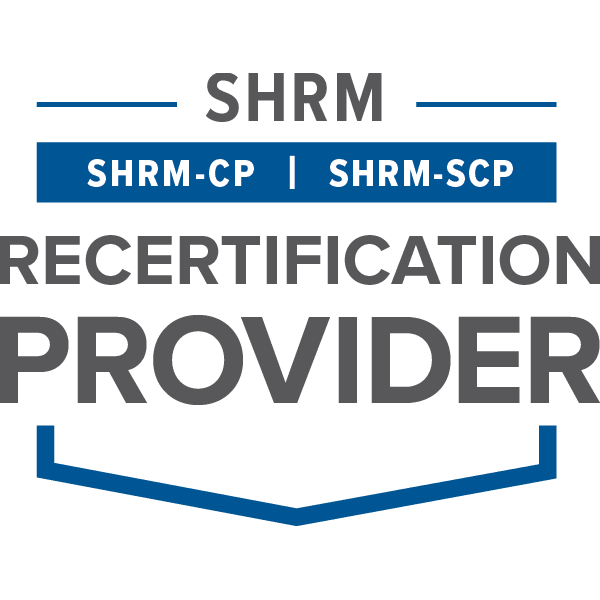- 827 Lincoln Ave. #B-10 West Chester, PA 19380
- support@hrdq.com
- +1-610-279-2002
Quick Links
Menu
Featured Topics
Menu
Total Results
We could not find what you're looking for. Please try again.No Record Found

In today’s fast-paced business world, middle managers play a critical role in ensuring that organizations run smoothly and effectively. However, middle management can be a challenging role that requires a unique set of skills, including the ability to lead and motivate a team, communicate effectively with senior leadership, and manage multiple priorities.
To help middle managers succeed in this critical role, join this webinar, The Middle Matters: Five Habits of High-Performing Middle Managers. In this webinar, we will explore five key habits that high-performing middle managers cultivate to excel in their role and drive success for their organization.
The first habit we will explore is “living your values.” Middle managers who prioritize their values are more likely to inspire their teams and achieve long-term success. By living your values, you can create a culture of integrity and ethics that will guide decision-making at every level of the organization.
Next, we will discuss “starting your legacy today.” Middle managers who focus on building a positive legacy are more likely to create lasting change within their organization. By prioritizing long-term impact over short-term gains, you can establish yourself as a trusted leader who is committed to the success of your team and your organization.
The third habit we will explore is “knowing yourself.” Middle managers who take the time to understand their strengths and weaknesses can better lead their teams and make strategic decisions. By developing self-awareness, you can identify areas for improvement and focus on developing the skills you need to succeed in your role.
The fourth habit we will discuss is “expressing with intention.” Effective communication is critical for middle managers who need to communicate with senior leadership, manage their teams, and build relationships across the organization. By communicating with intention, you can ensure that your message is heard and understood and that you are able to build strong relationships with colleagues at all levels of the organization.
Finally, we will explore “uplifting others.” High-performing middle managers prioritize the development and success of their team members, creating a positive and supportive work environment that drives success for the organization. By investing in your team members and providing opportunities for growth and development, you can create a culture of excellence that benefits everyone in the organization.
By cultivating these five key habits, middle managers can become high-performing leaders who drive success and achieve their goals. In this webinar, we will provide practical tips and strategies to help you cultivate these habits and succeed in your role as a middle manager. Whether you are new to the role or have been a middle manager for years, this webinar will provide valuable insights and actionable advice to help you excel in your role and drive success for your organization. Join us for The Middle Matters: Five Habits of High-Performing Middle Managers and take your leadership skills to the next level.


Sally Foley-Lewis inspires and skills managers to be high-performing, purposeful, and productive. Obsessed with leadership and professional development that ensures people reach their potential, Sally’s presentations and programs positively impact confidence, leadership, and results.
Also, named a LinkedIn Top Voice, she is also a global Certified Professional Speaker and has authored multiple books. The drive to support and skill middle managers comes from her own diverse roles as CEO and other senior leadership experiences. Sally delivers presentations, keynote speeches, workshops, and coaching – live online and face-to-face – to skill managers and boosts productivity, engagement, and self-leadership.
Blending 20+ years of working with a diverse range of people and industries, in Germany, the Middle East, Asia, and across Australia Sally has extensive qualifications, a wicked sense of humor, and an ability to inspire and energize.
Connect with Sally on Instagram, YouTube, and at sallyfoleylewis.com.
Training Tools for Developing Great People Skills
This event is sponsored by HRDQ. For 45 years HRDQ has provided research-based, off-the-shelf soft-skills training resources for classroom, virtual, and online training. From assessments and workshops to experiential hands-on games, HRDQ helps organizations improve performance, increase job satisfaction, and more.
Learn more at HRDQstore.com

Sign up to be notified of upcoming live webinars, in-depth workshops, podcasts, blog posts, promotions and much more. Stay ahead of the curve and subscribe for FREE today!